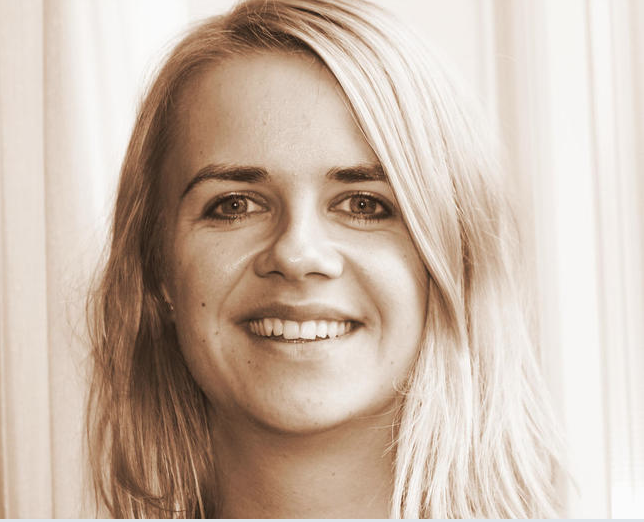Recall to the mental health workers/scientists to rely on the mental strength in humanity
- Johanna Bakker

- Apr 9, 2020
- 3 min read
Around the world I see that colleagues, (foster) caregivers who support adults, children and teens in need for care, start to worry about a growing psychiatric epidemic (trauma / PTSD, depression, anxiety etc) and a severe increase for child maltreatment.
I don't support those concerns and thoughts. Where is the belief in empowerment we strive for? In times of war, people have shown a great resilience and flexibility to manage and handle the situation. We need to stand strong together and do not spread more fear in this fearful situation. People are looking at us and admit it is hard to manage. The first healthy coping-strategy is admit your fear and they did that already if they decided to come to us. We can support this by admitting it is, but we are capable to manage if we accept this situation and learn from it to make a new personal plan how to live daily with our family during this time. People who are not reaching out to us, people we see as: people who like to avoid care are satisfied with this isolated situation. Society is not expecting anything from them, so there is less tension and reason to maltreat their children. If we look at the parent - child interaction in child protection services, the strongest risk factor for physical abuse and neglect appear to be that the parent perceives their child as the problem (Stith et al,. 2009). The fear is that children will be neglected or abused, because they blame their children for the isolated situation due to the COVID-19. In fact they are more at ease with this situation.
I don't believe there will be no harm, especially when it comes to substance abuse, but I do believe if we have faith in people's mental strength it will keep the children more safe. Spreading fear about a mental health epidemic or an increase risk for child maltreatment in the media will reach the whole society. Please stop stimulating the self fulfilling prophecy by labeling people who are willing to receive care or like to avoid care.
I once rescued a 13 year old girl from a home with a mother who was institutionalized for several times in her life (willing to end her life), dad out of sight, hardly any furniture in the house and no connection was made with child protection services in those 13 years. I thought the girl must be totally underdeveloped, but she new that her mom had a problem and that mom didn't know how to solve that (even with mental health care services). Her mom was always open about her life story, the daughter learned from that and was mentally very strong. I placed the girl in a permanent foster home, the contact with her mom continued and mom took her time to deal with the past to become a mentally strong mom as well. The foster mom understood what the girl experienced, she had also a mom with severe mental health problems.
Let us look at this 13 year old girl and learn from the situation, by relying on the mental strength in humanity and we will see amazing things happen during this pandemic.
Literature
Stith. S.M., Ting Liu, L, Davies, C., Boykin, E.L., Alder, M.C., Harris, J.M., Som, A., McPherson, M.,
& Dees, J.E.M.E.G. (2009). Risk factors in child maltreatment: A meta-analytic review of the
literature. Aggression and Violent Behavior, 14, 13-29.






Comments